The Innovation Nursery
In the Innovation Nursery multidisciplinary teams of students tackle a real-life social or
environmental challenge from a nonprofit organizations and develop a proof-of-concept
for an innovative product or service.
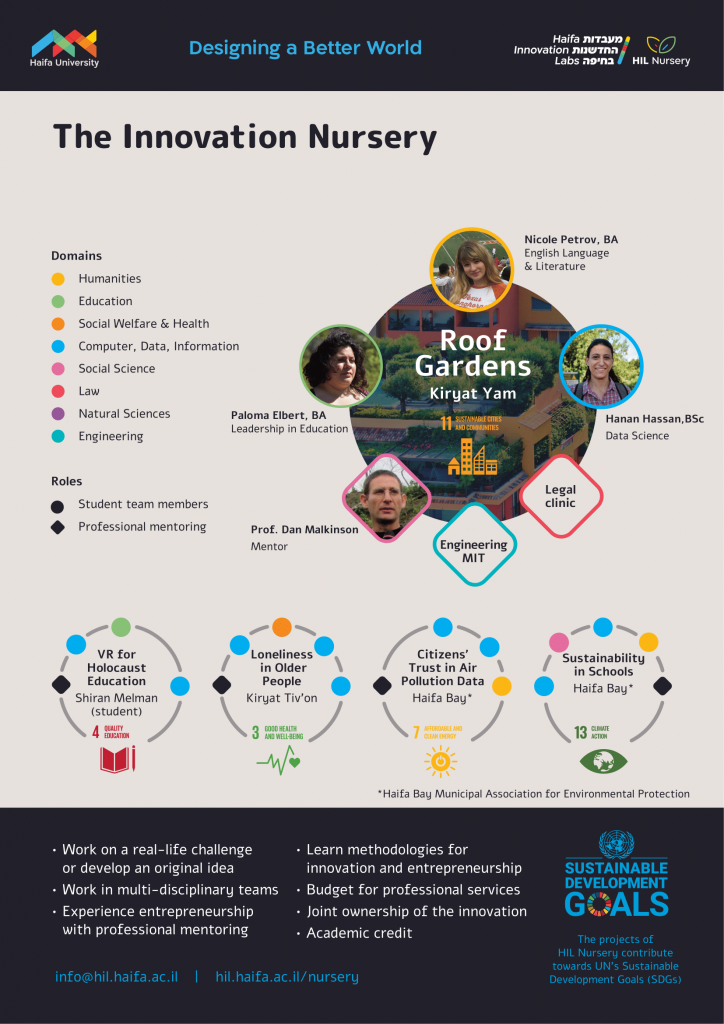
Participating students earn:
- Make a positive impact: Work on real-life challenges with NGOs and government agencies
- Experience working in a multidisciplinary team
- Entrepreneurial experience with professional tutoring from industry-leading mentors
- Familiarity with current methodologies in the world of entrepreneurship
- Co-ownership of the project developed.
- 6 academic credits.
Nursery Projects
2st Cohort: Autumn 2020
3st Cohort: Summer 2021
Methodology for developing innovation
The methodology we use to work on projects in the nursery is Design Thinking, and especially the agile version Design Sprints.

Nurit Kantarovich
Nurit Kantarovich
Led by
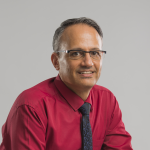
Shay Ben-Barak
Shay Ben-Barak
Design Sprints

Additional professionals who contributed to the nursery

Michal Ner-David
Partnership Manager
Fresh.Fund

Dr. Carol Kidron
Head of the Department of Anthropology, University of Haifa

Avi Bachar
Agile Primero

Memi Gnoser
Strategic consultant and entrepreneurial lecturer
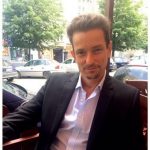
Uri Talmy
Patent Consultant

Dr. Dalit Ken-Dror Feldman
Technology and Cyber Law Clinic, University of Haifa

Keren Ramot
Business Consultant
MATI Haifa
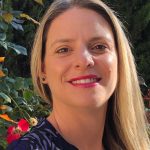
Nicky Newfield
Founder and Partner
Arc Impact

Dedi Ben-Lulu
Founder and CEO Presence

Sarit Trasser
Founder and CEO Timoko

Stav Bar-Shany
Impact Consultant and Lecturer

Aviv Zeevi
Vice President
Innovation Authority
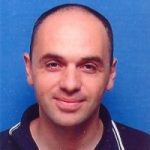
Prof. Doron Kliger
Department of Economics, Haifa University
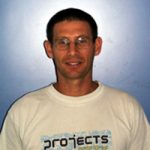
Prof. Dan Malkinson
Department of Geography and Environmental Studies, Haifa University
Global challenges, local solutions
The ventures focus on the local, local, challenges of local authorities and other public organizations – while promoting one or more Global Sustainable Development Goals (SDGs).
Each local challenge that the nursery handles is related to at least one global challenge. See the table for a list of the 17 sustainable development challenges agreed upon by UN companies, and the nursery projects that promote them.


"Partnerships with "Challengers
Social or business organizations are invited to offer a challenge to the "Nursery" project. A multidisciplinary team of students, accompanied by professionals from the industry, will work on developing a solution to the challenge. The project will end in prototype which will be an important step towards full development and implementation of the solution.
F.A.Q
The project is intended for students in the advanced stages of their studies who have completed at least 2 courses (4 credits) from the range of courses in innovation and entrepreneurship.
For some classes, there is a course that is recognized as a replacement for one of the innovation and entrepreneurship courses.
In principle, the project is only open to undergraduate or graduate students from the university. In exceptional cases, others may be accepted (and in the future, we will open the project for people outside the university).
No prerequisites. The program is competitive and the number of places in the project is limited.
Registration through the HIL team selection process. Link to the registration form on the program website https://hil.haifa.ac.il/ (during periods when registration is open).
For the project, 2 pre-courses are required from the range of courses in innovation and entrepreneurship (it is necessary to complete these courses before or at the same time as the project). The screening process for the project includes a number of stages (initial screening, boot-camp for the team). Details on the website https://hil.haifa.ac.il/academic/project-2/.
In addition, it is necessary to make sure with the department that the registration for the project fits into the curriculum.
In terms of the Innovation and Entrepreneurship Program there is no restriction.
If the courses or project do not fit into the curriculum, they can be taken at additional credit points (that is, finishing the degree with a surplus of credits).
In some cases, it may be possible to ensure that the additional credit points do not involve payment. Each case will be considered on its own.
The process of staffing students and ideas will be done through a preliminary process called Boot Camp. The boot camp will last two days and will take place several months before the start of the multidisciplinary project.
Students interested in taking part in the multidisciplinary project should apply. After the selection process, those who pass the boot camp will be selected.
During the Boot Camp we will create teams of 3-5 students per project. The staff will consider student preferences. But the final team will be determined by HIL personnel, who will consider the different expertise required for each project, as well as personalization among team members.
Ideas for projects can come from the students or from a need / problem that HIL people will present to the students (accompanied by a "client" who is interested in answering the need and solving the problem).
After the end of the Boot Camp, we will announce the teams and ideas that continue for the multidisciplinary project. Not all of those who start the boot camp may eventually go on to the project.
The project will be managed in methodologies that encourage accelerated development, with the help of professionals from the industry.
It should be remembered that the goal of the project, beyond the final product, is training for the entrepreneurial process through experience. This experience is also possible in a relatively short time.
Regarding the product – we aim for the teams to create an initial prototype for an innovative product or service, which can be used by them to raise resources for the further development of the project. The process of preparing the project actually begins with the completion of the team phase (bot-camp), which will allow the teams to characterize the need and formulate the idea even before the practical work on the project begins.
In terms of the Innovation and Entrepreneurship Program there is no restriction.
If the courses or project do not fit into the curriculum, they can be taken at additional credit points (that is, finishing the degree with a surplus of credits).
In some cases, it may be possible to ensure that the additional credit points do not involve payment. Each case will be considered on its own merits.
The project is intended for students in the advanced stages of their studies who have completed at least 2 courses (4 credits) from the range of courses in innovation and entrepreneurship.
For some classes, there is a course that is recognized as a replacement for one of the innovation and entrepreneurship courses.
In principle, the project is only open to undergraduate or graduate students from the university. In exceptional cases, others may be accepted (and in the future, we will open the project for people outside the university).
No prerequisites. The program is competitive and the number of places in the project is limited.
Registration through the HIL team selection process. Link to the registration form on the program website https://hil.haifa.ac.il/ (during periods when registration is open).
For the project, 2 pre-courses are required from the range of courses in innovation and entrepreneurship (it is necessary to complete these courses before or at the same time as the project). The screening process for the project includes a number of stages (initial screening, boot-camp for the team). Details on the website https://hil.haifa.ac.il/academic/project-2/.
In addition, it is necessary to make sure with the department that the registration for the project fits into the curriculum.
In terms of the Innovation and Entrepreneurship Program there is no restriction.
If the courses or project do not fit into the curriculum, they can be taken at additional credit points (that is, finishing the degree with a surplus of credits).
In some cases, it may be possible to ensure that the additional credit points do not involve payment. Each case will be considered on its own.
The process of staffing students and ideas will be done through a preliminary process called Boot Camp. The boot camp will last two days and will take place several months before the start of the multidisciplinary project.
Students interested in taking part in the multidisciplinary project should apply. After the selection process, those who pass the boot camp will be selected.
During the Boot Camp we will create teams of 3-5 students per project. The staff will consider student preferences. But the final team will be determined by HIL personnel, who will consider the different expertise required for each project, as well as personalization among team members.
Ideas for projects can come from the students or from a need / problem that HIL people will present to the students (accompanied by a "client" who is interested in answering the need and solving the problem).
After the end of the Boot Camp, we will announce the teams and ideas that continue for the multidisciplinary project. Not all of those who start the boot camp may eventually go on to the project.
The project will be managed in methodologies that encourage accelerated development, with the help of professionals from the industry.
It should be remembered that the goal of the project, beyond the final product, is training for the entrepreneurial process through experience. This experience is also possible in a relatively short time.
Regarding the product – we aim for the teams to create an initial prototype for an innovative product or service, which can be used by them to raise resources for the further development of the project. The process of preparing the project actually begins with the completion of the team phase (bot-camp), which will allow the teams to characterize the need and formulate the idea even before the practical work on the project begins.
We believe that the transfer of intellectual property to students is essential to encourage entrepreneurship.
The university is leading a move to "release" the Intellectual Property (IP) of undergraduate students, and the arrangement applies to the participants in the multidisciplinary project as well.
We are in the process of reaching a similar arrangement for graduate students without a thesis, and possibly later also for graduate students with a thesis. If there are any changes in the intellectual property arrangements, we will update on that.
Regarding the division of intellectual property among team members: Since starting a venture requires much more than the initial idea, the team members who will complete the project will be partners in equal parts of the property (subject to an arrangement for different graduate students, as noted above).
Should the team members decide to continue running the venture after the project is completed, we will help them settle the issue of division of intellectual property between them.
